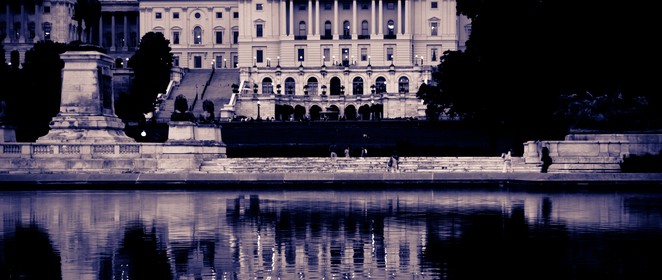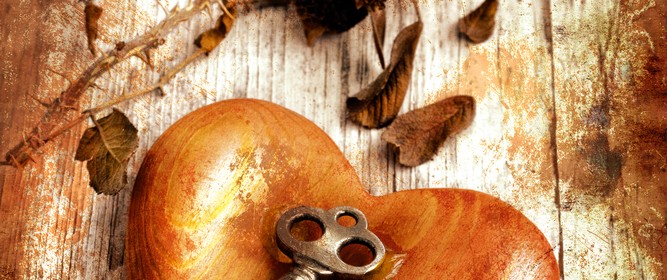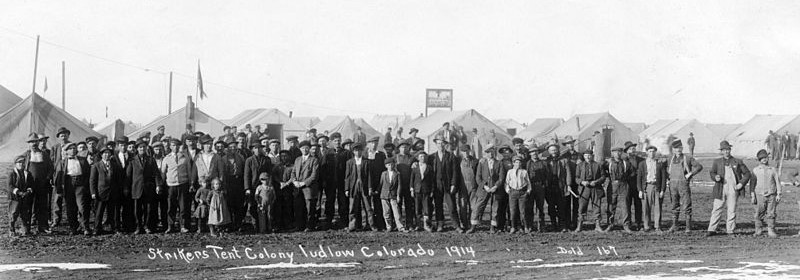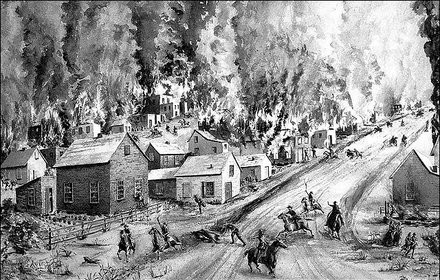A Brief History of the Social Welfare Net

Over the past several years, the debate over the efficacy and implementation of the Affordable Care Act has highlighted the deep divides in the U.S. over the need for, and cost of, the entire social welfare net in the U.S. All this might have got you wondering about the roots and history of social welfare in its many forms in […]
Read more
















